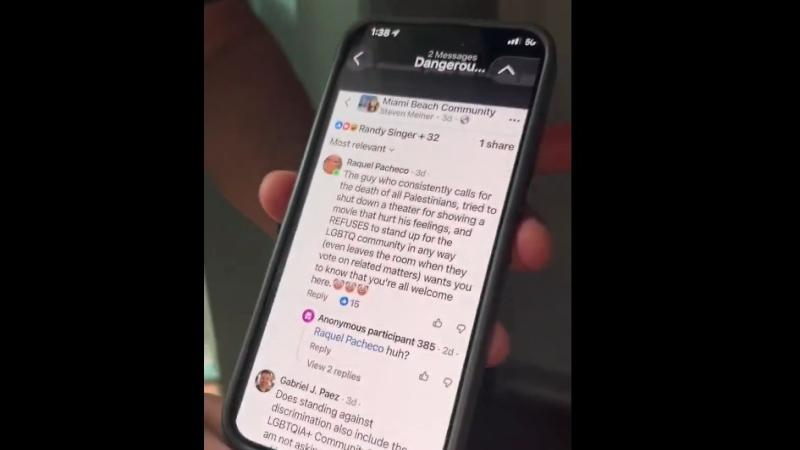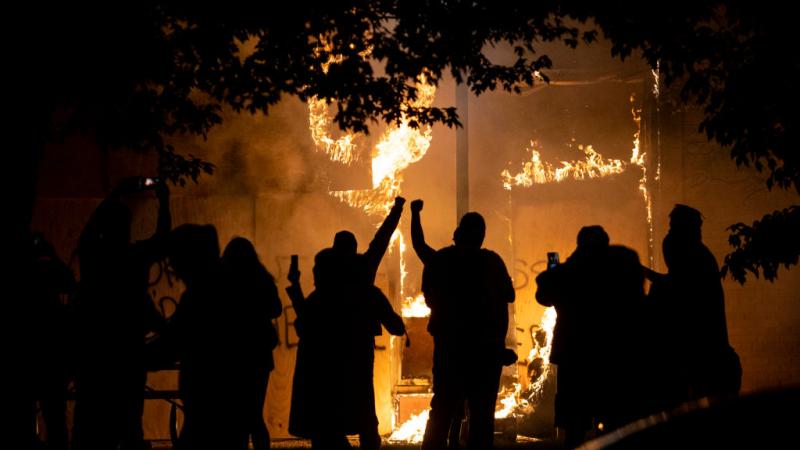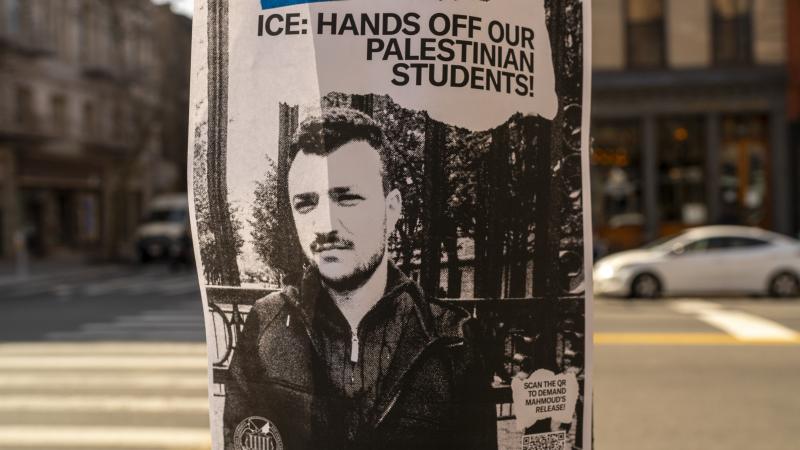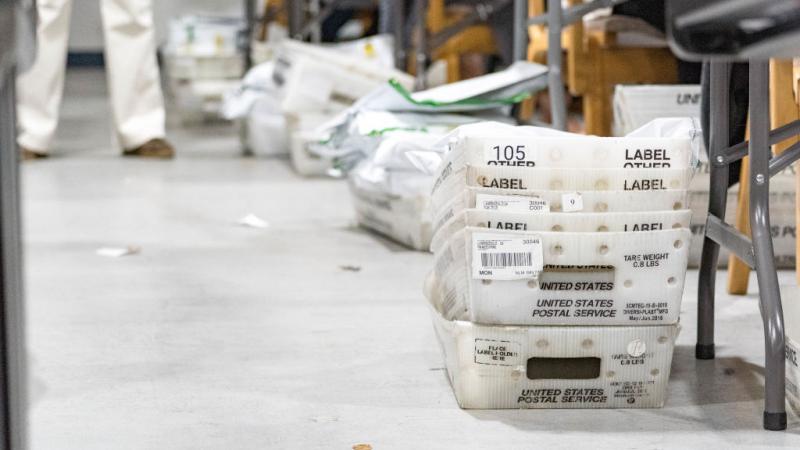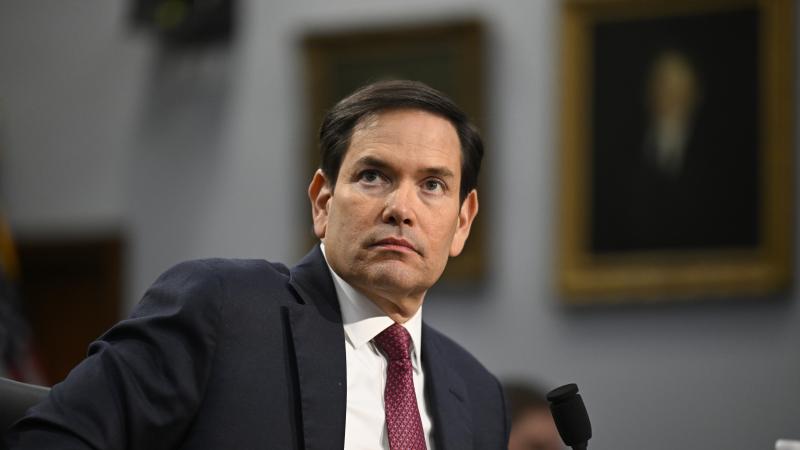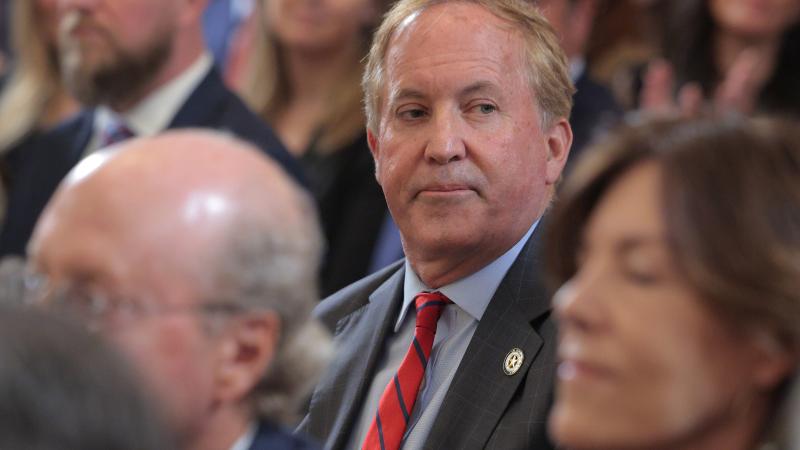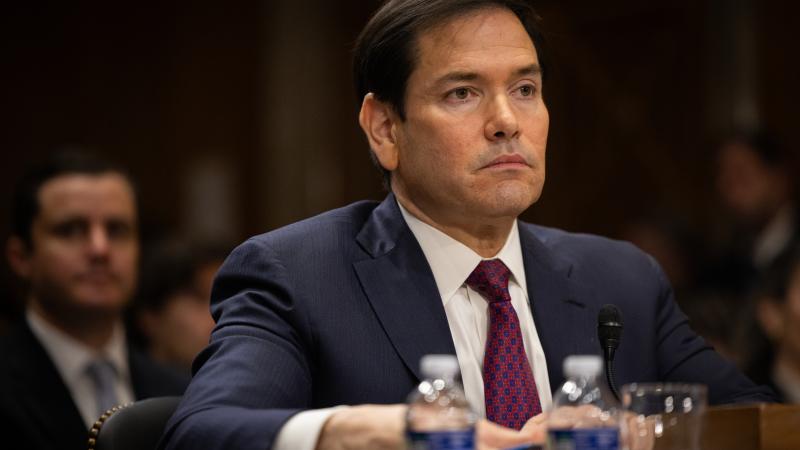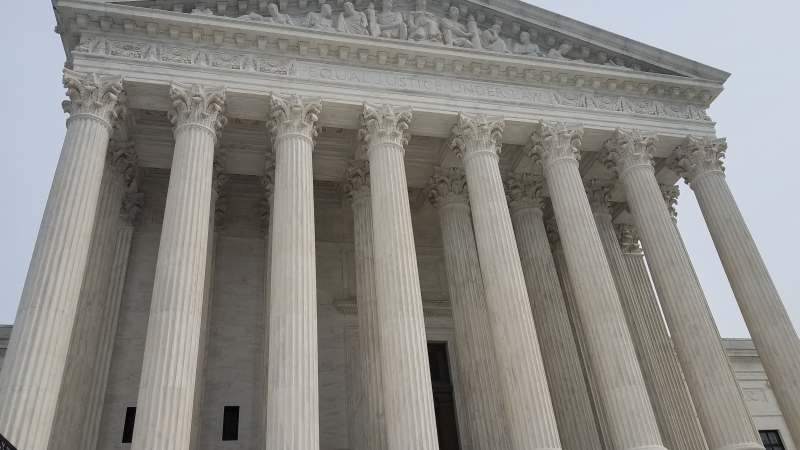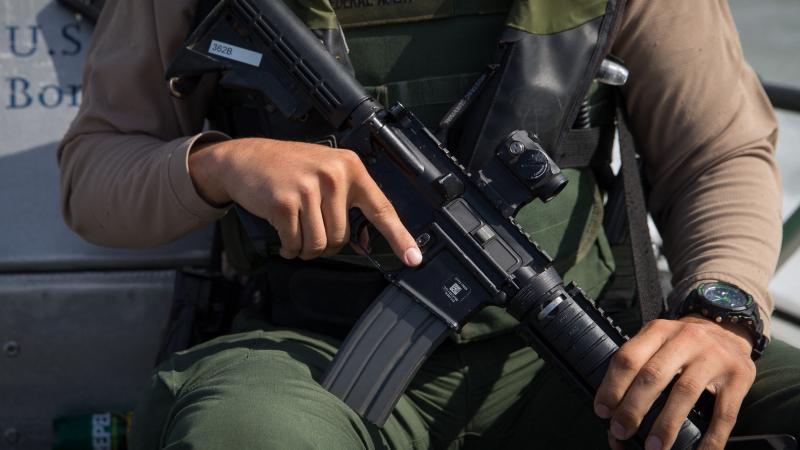Oregon's ban on Project Veritas reporting unites pro-life, animal rights, farm groups at SCOTUS
While farm groups disagree with Project Veritas on the merits, "the petition squarely presents a question of great importance" to their members and appeals courts are even contradicting themselves, farm groups tell high court.
Animal rights groups, farmers, pro-life activists and citizen journalists can all agree on one thing: Federal courts are a mess on the balance between privacy and First Amendment rights, and the Supreme Court must step in to settle the matter.
Several groups filed friend-of-the-court briefs in favor of Project Veritas, whose undercover stings have put Planned Parenthood and Pfizer on the defensive but endured FBI raids when it obtained then-first daughter Ashley Biden's diary, asking the high court to review a ruling that upheld Oregon's ban on most kinds of "unannounced audiovisual recording" in public.
The full 9th U.S. Circuit Court of Appeals in January overturned a three-judge panel that struck down the law as a content-based restriction – by allowing recording of on-duty police or a "felony that endangers human life" — that was "not narrowly tailored to achieving a compelling governmental interest," as required under judicial "strict scrutiny."
The majority opinion by Judge Morgan Christen, who dissented from the panel ruling, said the law is content-neutral, falling under "intermediate scrutiny," despite the exceptions because it "does not discriminate on the basis of viewpoint or restrict discussion of an entire topic."
Oregon has shown its "significant government interest in ensuring that its residents know when their conversations are recorded" and Project Veritas has "ample alternative channels of communication" to carry out its investigations, the President Obama nominee wrote.
“Why can't investigative reporters simply interview people, make their observations and report on what they saw or heard?” Christen asked during oral argument a year ago.
Judges Kenneth Lee and Daniel Collins, President Trump nominees, in their dissent called the law "grossly overbroad … even assuming intermediate scrutiny applies" by "trampl[ing] on people’s ability to record and report on a large swath of public and newsworthy events."
The law bans a Beaver State resident from recording "a public official berating an employee at a Chipotle or uttering a racial slur on a public sidewalk — unless that resident expressly tells that official he is being recorded," they marveled.
Project Veritas petitioned SCOTUS in April to review the "national outlier," saying it contradicts precedents by four appeals courts and fails even intermediate scrutiny by restricting recording in "wholly public settings where privacy interests are minimal or non-existent."
It convinced the 11th Circuit in November to reinstate its defamation suit against CNN for giving a false basis for Twitter's suspension of Project Veritas in 2021.
The eponymous law practice founded by Assistant Attorney General Harmeet Dhillon filed a brief on behalf of the Center for Medical Progress and its founder David Daleiden, whom California prosecuted under a similar state law for recordings in public that it said exposed Planned Parenthood's "illegal fetal tissue trafficking."
He and fellow defendant Sandra Merritt reached an agreement with the state in January that included no jail time in exchange for a no-contest plea based on one charge. The sting, in which they posed as buyers for a medical company, led to a $7.8 million settlement with two companies that admitted to illegally selling aborted fetuses from Planned Parenthood.
Daleiden's experience of "selective prosecution" under a "narrow construction of the term 'public'" shows how laws like Oregon's chill speech, the brief says. He is a "real-world example" of laws whose "wording risks content-based application and empowers rogue actors to prosecute based on their personal political biases."
The district court dismissed the necessity of surreptitious recording, "despite acknowledging the constitutional protection afforded to audio recordings, to speech creation, and to newsgathering," because undercover reporters Nellie Bly, Gloria Steinem and John Howard Griffin did not record, Life Legal Defense Foundation said.
Yet "stonewalling, concealment, and prevarication were the reactions of the targets to the revelations of Bly," and recording is crucial to "prevent targets from later denying their activities or words," sometimes by documenting "what they verbally admit is behind their facially ambiguous conduct," the pro-life law group said.
The 9th Circuit is now at odds with the 4th Circuit, which two years ago contradicted its own 1999 precedent by striking down a North Carolina law of "general applicability" that blocked People for Ethical Treatment of Animals from undercover animal-cruelty stings, North Carolina, South Carolina and Maryland farm groups told the high court
SCOTUS punted on that challenge by the North Carolina Farm Bureau Federation, which noted the Property Protection Act codified a 4th Circuit decision against ABC News for fraudulently gaining employment at a Food Lion to expose its practices, a cornerstone of media law.
The constitutional privacy and property rights of their thousands of members "are violated by the investigative activities of animal rights, environmental, and other activists," the coalition told SCOTUS. While they disagree with Project Veritas on the merits, "the petition squarely presents a question of great importance" to their members.
People for the Ethical Treatment of Animals and three other animal welfare groups said Oregon's law deprives "the public of a rare and essential window into how animals are treated behind closed doors" at factory farms, slaughterhouses, roadside zoos and labs that dates to Upton Sinclair's The Jungle, with major public policy ramifications.
PETA, Animal Outlook, Direct Action Everywhere and Mercy for Animals emphasized the importance of surreptitious audio recording, which in two stings captured the "deep groans" of slaughterhouse "downer cows" as they were "repeatedly stabbed" and farmers sodomizing pigs, "encouraging the violence and mocking the animals," respectively.
The Rutherford Institute noted the 9th Circuit invalidated an Idaho law against secret recordings in agricultural facilities as content-based, since it would "permit filming a vineyard’s art collection but not the winemaking operation."
Imagine a woman secretly recording a conversation in which her male partner assaults her, the conservative group said. A court would have to evaluate the recording's content: whether it demonstrates "felony or misdemeanor assault," threatened her life or mentioned her pregnancy, which automatically turns a misdemeanor into a felony under Oregon law.
The brief by citizen journalism nonprofit Texas Scorecard said the Oregon law would have prevented it from exposing a "corrupt quid-pro-quo offer" by former Texas House Speaker Dennis Bonnen to its publisher through an unannounced recording that contradicted Bonnen's denials, prompting the lawmaker's retirement.
It mocked the logic of the law regarding whistleblowers and domestic violence victims, who "rely on secret recordings to corroborate abuse that otherwise would devolve into 'he-said-she-said' disputes." Oregon forces citizens to risk "escalation" or "perversely … hope an encounter escalates into a life-threatening felony" so it becomes lawful, the brief also states.
The Facts Inside Our Reporter's Notebook
Videos
Links
- Several groups filed friend-of-the-court briefs
- Planned Parenthood
- Pfizer
- endured FBI raids when it obtained
- full 9th U.S. Circuit Court of Appeals in January overturned
- Christen asked during oral argument
- Project Veritas petitioned SCOTUS
- 11th Circuit in November to reinstate its defamation suit
- Center for Medical Progress and its founder David Daleiden
- He and fellow defendant Sandra Merritt reached an agreement
- Life Legal Defense Foundation
- striking down a North Carolina law
- North Carolina, South Carolina and Maryland farm groups
- North Carolina Farm Bureau Federation
- 4th Circuit decision against ABC News
- People for the Ethical Treatment of Animals
- The Rutherford Institute
- Texas Scorecard
